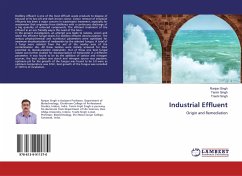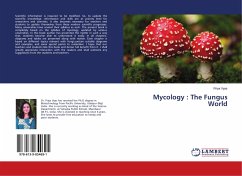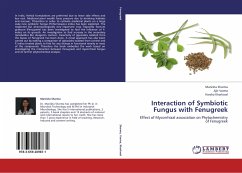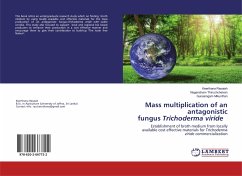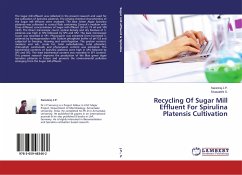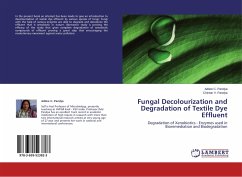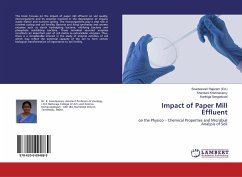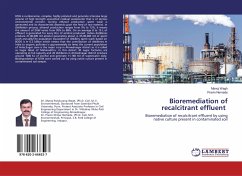Distillery effluent is one of the most difficult waste products to dispose of because of its low pH and dark brown colour. Colour removal of industrial effluents has been a major concern in wastewater treatment, especially for wastewater that originates from distilleries with a continuous discharge of a big quantity of coloured compounds. The efficient treatment of the effluent in an eco-friendly way is the need of the hour.In the present investigation, an attempt was made to isolates, screen and select the efficient fungal strains for distillery effluent decolourization. The various physicochemical and nutritional parameters were optimized for maximum decolourization of melanoidin by the selected fungus. A total of 3 fungi were isolated from the soil of the nearby area of the contamination site. All these isolates were initially screened for their potential to decolourization melanoidin. Out of these one best fungal isolate was further studied for decolourization of melanoidin in a different parameter. It was found to be by the addition of carbon and nitrogen sources, the best carbon was starch and nitrogen source was peptone, optimum pH for the growth of the fungus was found to be 5.0 were as optimum temperature was 37oC, best growth of the fungus was recorded in 120 hrs of incubation.
Hinweis: Dieser Artikel kann nur an eine deutsche Lieferadresse ausgeliefert werden.
Hinweis: Dieser Artikel kann nur an eine deutsche Lieferadresse ausgeliefert werden.

